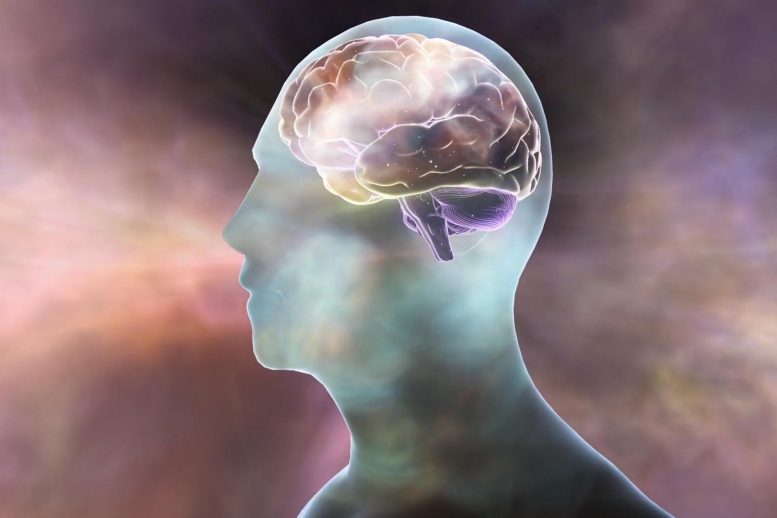The human mind starts forming memories in the womb

The Amazing Capabilities of the Human Mind: Memories in the Womb

Our ability to remember and recall events is a fascinating aspect of the human mind. We often associate memory formation with moments and experiences throughout our lives, from childhood to adulthood. However, what if I told you that our memories can actually start forming much earlier? It may come as a surprise, but research suggests that the human mind begins developing memories in the womb.
The idea that babies can create memories before they are born challenges the traditional understanding of memory formation. But recent studies have provided compelling evidence to support this notion. 
According to a study conducted by psychologist Peter Hepper, fetuses have shown the ability to recognize certain sounds and react to them. Hepper’s research involved exposing pregnant women to various sound stimuli and observing the corresponding reactions in their unborn babies. Remarkably, the fetuses responded differently when exposed to familiar sounds versus unfamiliar ones. This response indicated that some level of memory retention had taken place.
But how is it possible for a memory to form in the womb? The key lies in the development of the auditory system. Around the 16th week of gestation, the structures responsible for hearing begin to form, and by the 24th week, the auditory system becomes functional. This means that the fetus starts to hear sounds from the external environment, including the mother’s voice, her heartbeat, and even external noises. These auditory experiences provide the foundation for the formation of memories.
It is important to note that the memories formed in the womb are not the same as those we develop later in life. They are categorized as implicit memories, which are unconscious and not consciously accessible. Implicit memories primarily influence our emotions, preferences, and instincts. These memories are thought to play a significant role in shaping our behavior and responses to various stimuli.
While the precise mechanisms of memory formation in the womb are still being explored, researchers believe that the rapid growth of the hippocampus during fetal development could contribute to this process. The hippocampus, a region of the brain responsible for memory formation and consolidation, starts developing by the 14th week of gestation. As it continues to mature, it likely allows for more complex memory formation.
Understanding that memories can begin to form before birth opens up a world of possibilities when it comes to early human development. The research in this field has important implications for prenatal education, as well as for understanding the effect of experiences during pregnancy on infants’ cognitive development.
In conclusion, the idea that the human mind starts forming memories in the womb challenges our traditional understanding of memory formation. Evidence suggests that fetuses can recognize and react to familiar sounds, indicating the presence of early memory retention. While these memories are not consciously accessible, they play an important role in shaping our emotional responses and instincts. Further research in this field will undoubtedly shed more light on the incredible capabilities of the human mind even before birth.
Source: Live Science
Share
Related Posts
Quick Links
Legal Stuff

